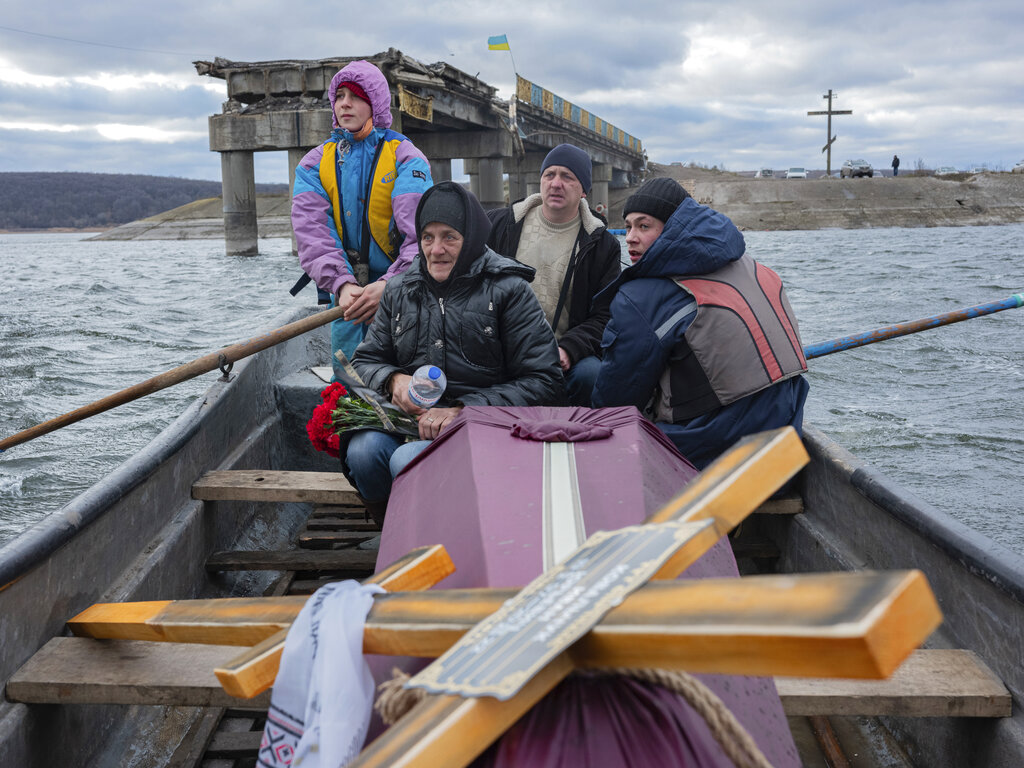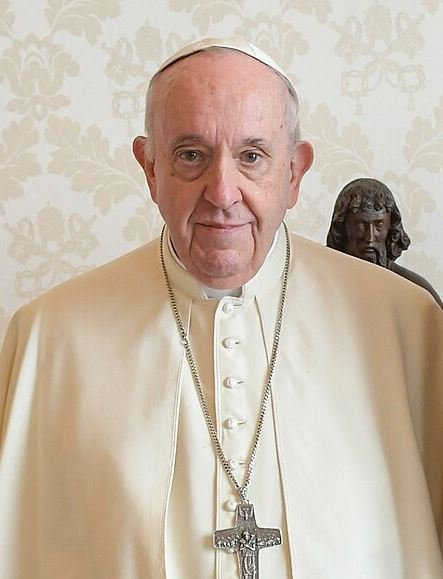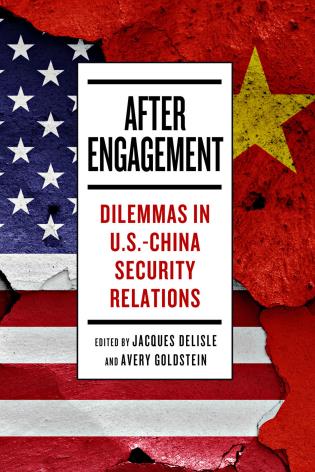Putin Ends Ukraine Truce: Renewed Conflict Erupts

Table of Contents
Putin's Justification for Ending the Truce
Putin's motives for ending the Ukraine truce remain a subject of intense scrutiny. The Kremlin's official statements cite alleged violations of the ceasefire by Ukrainian forces as the primary justification. However, the credibility of these claims is heavily debated, with many analysts suspecting a strategic shift in Russian military objectives.
-
Analysis of Kremlin Statements: Official pronouncements from Moscow have emphasized a narrative of Ukrainian aggression and a failure to adhere to the terms of the truce. The language used often portrays Ukraine as the instigator of violence, seeking to garner domestic and international support for the renewed offensive.
-
Alleged Ukrainian Violations: Russia has accused Ukrainian forces of shelling civilian areas and launching attacks on Russian positions during the truce. Independent verification of these claims remains challenging, hampered by the ongoing conflict and restricted access to information. The lack of verifiable evidence fuels skepticism about the veracity of these accusations.
-
Strategic Reasons for Renewed Conflict: The ending of the truce could signal a renewed push by Russia to achieve specific military objectives, potentially aiming to secure territorial gains in eastern Ukraine or disrupt Ukrainian supply lines. This strategic recalculation might also be driven by a desire to consolidate existing gains and solidify control over occupied territories.
-
The Role of Russian Propaganda: State-controlled media in Russia plays a crucial role in shaping public opinion, both domestically and internationally. The narrative surrounding the end of the truce likely emphasizes the alleged Ukrainian violations and portrays Russia as acting in self-defense, thus justifying the renewed military actions.
Military Implications of the Renewed Conflict
The renewed conflict has immediately intensified fighting along the frontline. The battlefield situation is dynamic, with reports of significant clashes and artillery barrages. The escalation carries dire consequences for both sides.
-
Shifts on the Frontline: The resumption of hostilities has resulted in intense fighting across multiple sectors of the frontline. Both sides are likely to deploy additional troops and resources to gain strategic advantages.
-
Deployment of Weapons and Resources: The renewed conflict will likely see an increased deployment of heavy weaponry, including artillery, tanks, and potentially even air power. Both sides will strive to exploit any perceived weaknesses in the opponent's defenses.
-
Increased Casualties: The escalation is expected to lead to a surge in casualties among both military personnel and civilians. The targeting of civilian infrastructure remains a significant concern, leading to further humanitarian crises.
-
Potential for Regional Spread: While the conflict remains primarily concentrated in eastern Ukraine, the escalation carries a risk of spilling over into neighboring regions. This possibility further intensifies the geopolitical concerns surrounding the conflict.
International Response and Global Implications
The international community has overwhelmingly condemned Putin's decision to end the Ukraine truce. The response from key global players highlights the serious concerns surrounding the escalation.
-
International Condemnation and Potential Responses: The United States, European Union, and NATO have issued strong statements condemning the renewed fighting and vowing to continue supporting Ukraine. Further sanctions against Russia are being considered, although their effectiveness remains a subject of ongoing debate.
-
Impact on Humanitarian Aid Efforts: The renewed conflict severely hampers humanitarian aid efforts in Ukraine. Access to conflict zones becomes increasingly difficult, endangering civilians and hindering the delivery of essential supplies.
-
Implications for Global Stability: The escalation in Ukraine increases global instability, particularly regarding energy security and food supplies. The conflict's ripple effects are felt worldwide, causing economic disruptions and potentially exacerbating existing tensions.
The Role of International Organizations
International organizations play a crucial role in addressing the humanitarian crisis and promoting accountability for violations of international law.
-
Mediation and Humanitarian Efforts: The United Nations, OSCE, and Red Cross continue to work towards providing humanitarian assistance and promoting dialogue, though their effectiveness is significantly constrained by the ongoing conflict.
-
International Law and War Crimes: Investigations into potential war crimes committed by both sides are underway. Holding perpetrators accountable is critical to ensuring adherence to international humanitarian law and deterring future atrocities.
Conclusion
The abrupt end of the Ukraine truce by President Putin represents a dangerous escalation in the ongoing conflict. This renewed fighting carries significant military, humanitarian, and geopolitical implications. The international community's response will be crucial in shaping the future trajectory of the war and mitigating its devastating effects. Understanding the complexities of this conflict, particularly the implications of Putin ending the Ukraine truce, is vital for promoting peace and stability. Stay informed about the evolving situation in Ukraine. Follow reputable news sources for updates on the Putin ends Ukraine truce and its consequences.

Featured Posts
-
 Office365 Hacker Made Millions Targeting Executives
Apr 22, 2025
Office365 Hacker Made Millions Targeting Executives
Apr 22, 2025 -
 Understanding Papal Conclaves History Process And Secrecy
Apr 22, 2025
Understanding Papal Conclaves History Process And Secrecy
Apr 22, 2025 -
 The Crucial Role Of Middle Managers In Boosting Company Performance And Employee Satisfaction
Apr 22, 2025
The Crucial Role Of Middle Managers In Boosting Company Performance And Employee Satisfaction
Apr 22, 2025 -
 Chainalysis Acquires Alterya Blockchain Meets Ai
Apr 22, 2025
Chainalysis Acquires Alterya Blockchain Meets Ai
Apr 22, 2025 -
 Closer Security Collaboration Between China And Indonesia
Apr 22, 2025
Closer Security Collaboration Between China And Indonesia
Apr 22, 2025
